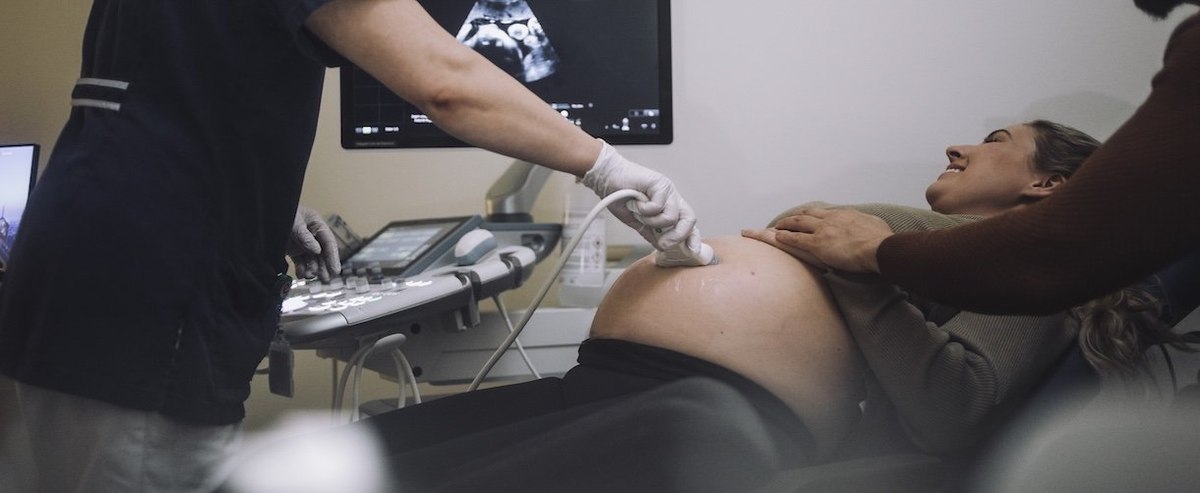Earlier this week, President Donald Trump and Health and Human Services Secretary Robert F. Kennedy, Jr. hosted a news conference during which they urged pregnant women to avoid taking painkillers with acetaminophen, such as Tylenol, claiming that there was a link between these drugs and rising autism rates.
Recent YouGov polling conducted after the news conference finds that while many Americans believe that acetaminophen poses some risk during pregnancy, only 18% see it as posing a high risk. Other behaviors and experiences during pregnancy — including smoking, drinking alcohol, exposure to pesticides, and high stress — are far more likely to be seen as risky.
Nearly half of Americans believe that taking acetaminophen during pregnancy poses a low risk (29%) or no risk (19%); 20% believe it poses a moderate risk and 18% say it poses a high risk. Republicans are more than twice as likely as Democrats to believe taking acetaminophen poses a high risk during pregnancy (29% vs. 11%).
Women are more likely than men to say there is a high risk during pregnancy in getting X-rays, eating raw fish, having high stress, smoking marijuana, and being exposed to cat litter. There are very few significant differences in opinion among men and women based on whether they have experience being pregnant themselves or getting someone else pregnant.
A majority (54%) of Americans know someone who has been diagnosed with autism, including themselves, a family member, a friend, or an acquaintance. Most Americans (58%) believe that the rate of autism diagnoses is increasing; 20% say it is staying the same and only 2% think it is decreasing.
Americans are divided on what research related to autism should be most focused on: 46% say it should focus more on ways to prevent and cure autism, while 41% say it should focus more on supporting and accommodating autistic people.
Out of eight factors, Americans are most likely to say that genetics contributes a great deal or a fair amount to whether a person develops autism (74% say this). More than half (57%) say that exposure to environmental toxins does. About half say that use of medications while a person's mother was pregnant (48%) contributes a great deal or a fair amount to the development of autism; a similar share say the same about complications during their mother's pregnancy or their birth (47%). Smaller shares of Americans cite as causes the age of a person's mother when giving birth to them (35%), their exposure to childhood vaccines (27%), their diet (26%), or parenting style (17%).
68% of Republicans and 34% of Democrats say a mother's use of medications while pregnant contributes a great deal or a fair amount to the development of autism. Far more Republicans than Democrats also say that childhood vaccinations contribute to autism (44% vs. 15%).
By 49% to 28%, Americans strongly or somewhat disapprove of Trump's handling of autism. The vast majority of Democrats (81%) disapprove of his handling of autism and 5% approve, while only 12% of Republicans disapprove and 60% approve. Independents are more than twice as likely to disapprove as they are to approve (52% vs. 21%).
— Carl Bialik contributed to this article
See the results for this YouGov poll
Methodology: The poll was conducted online among 2,267 U.S. adult citizens on two separate 2025 surveys from September 22 - 26 and September 23 - 25. A random sample (stratified by gender, age, race, education, geographic region, and voter registration) was selected from the 2019 American Community Survey. The sample was weighted according to gender, age, race, education, 2024 presidential vote, 2020 election turnout and presidential vote, baseline party identification, and current voter registration status. 2024 presidential vote, at time of weighting, was estimated to be 48% Harris and 50% Trump. Demographic weighting targets come from the 2019 American Community Survey. Baseline party identification is the respondent’s most recent answer given around November 8, 2024, and is weighted to the estimated distribution at that time (31% Democratic, 32% Republican). The margin of error for the overall sample is approximately 3%.
Image: Getty
What do you really think about President Trump, American politics in general, and everything else? Share your reality, join the YouGov panel, and get paid to share your thoughts. Sign up here.















